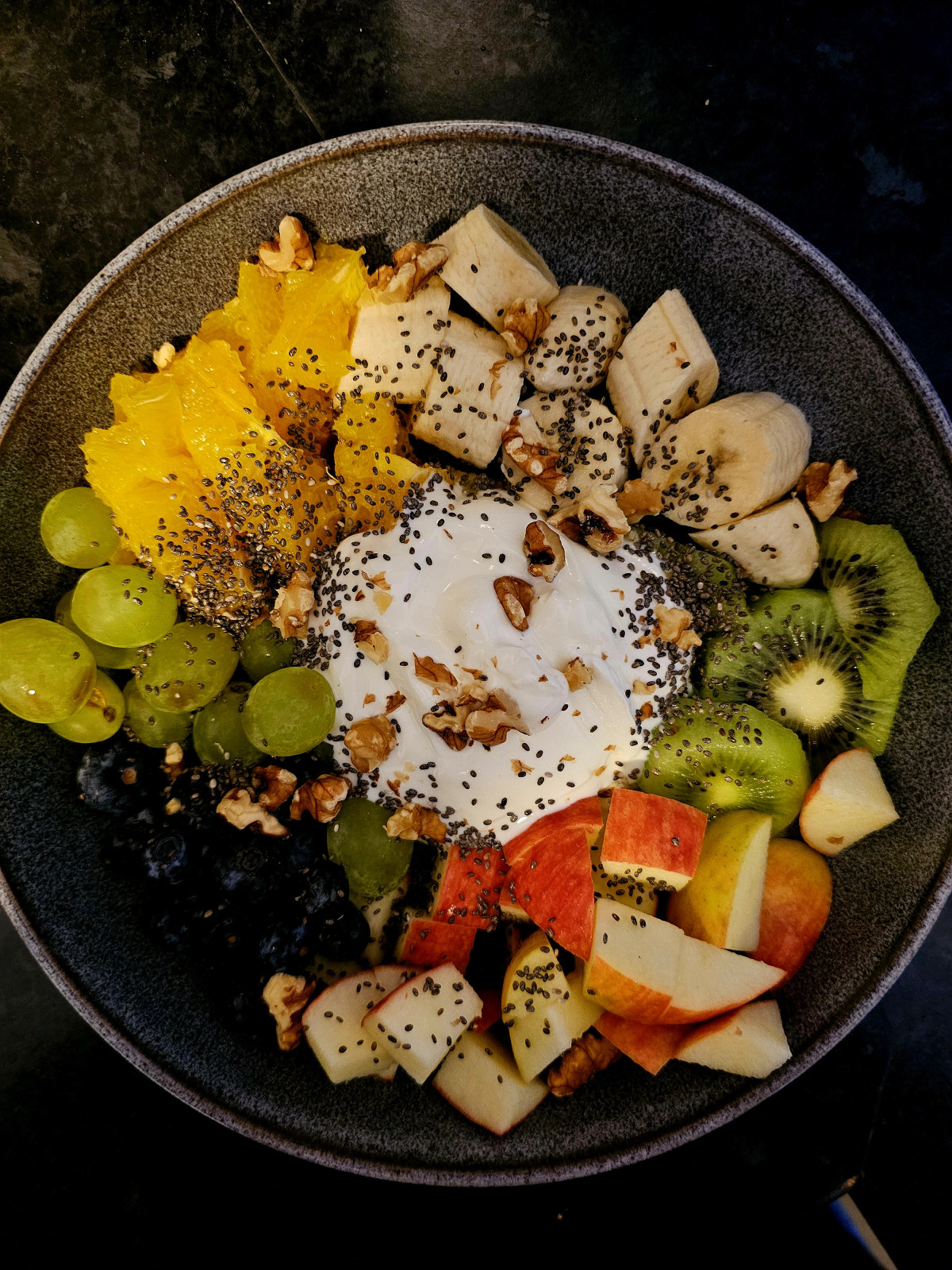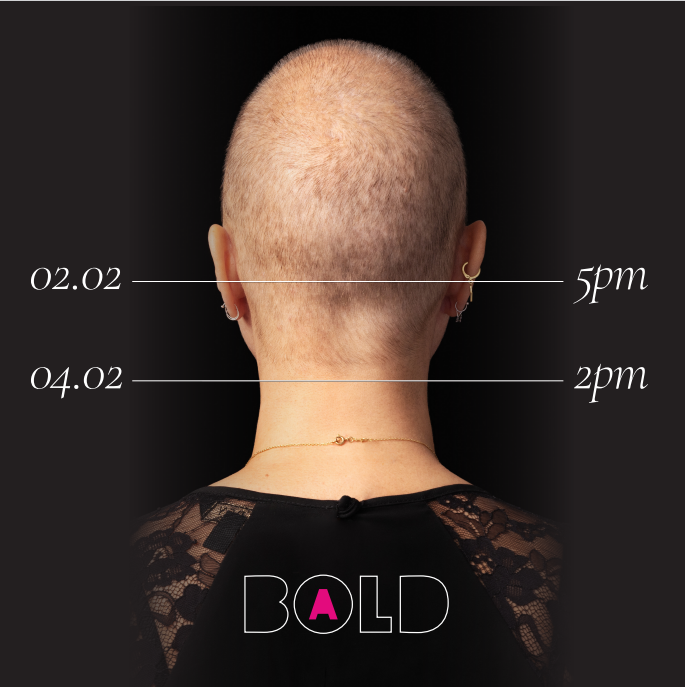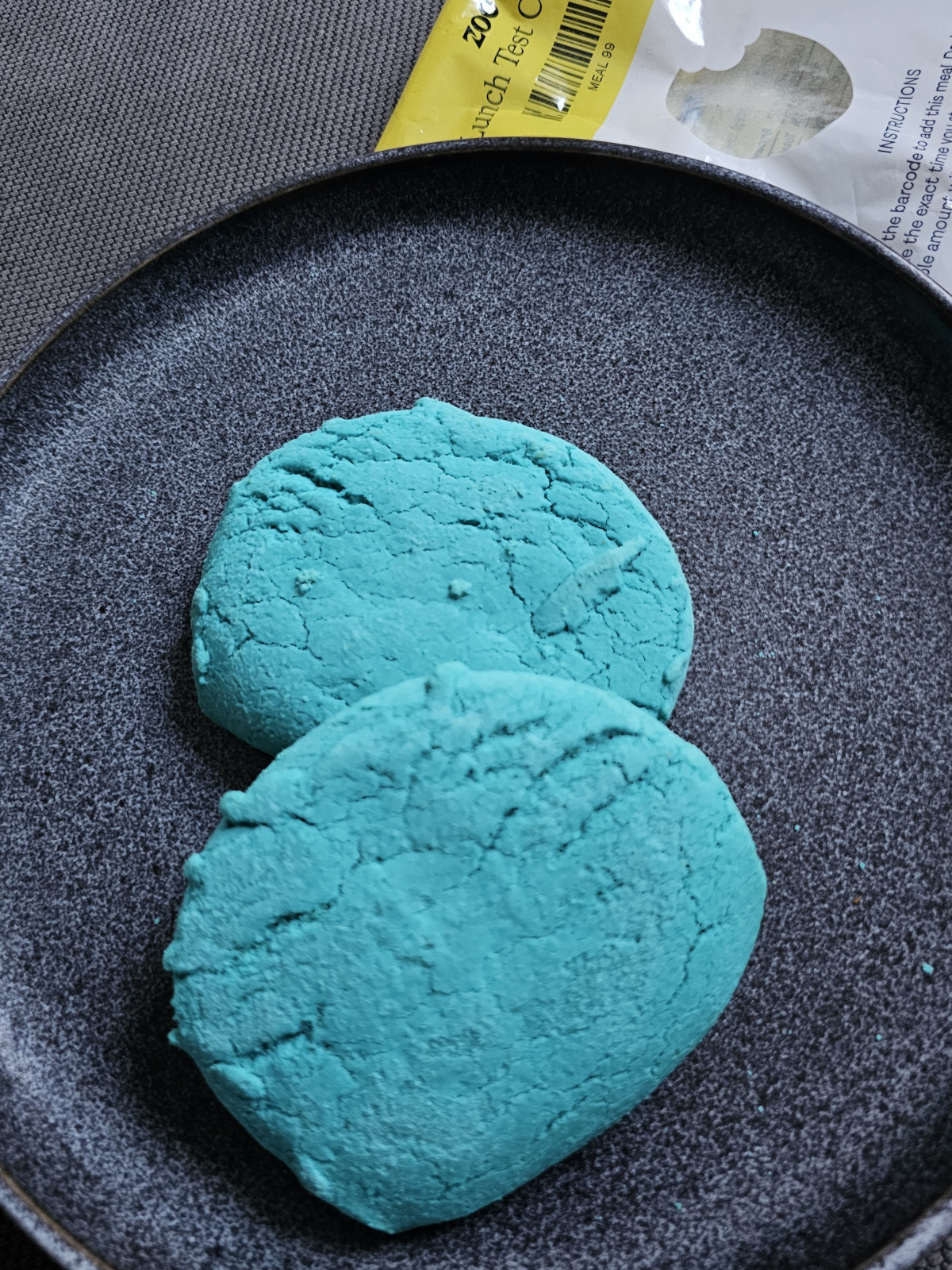
News


BOLD is coming to The Sidings, Waterloo for FREE public viewing ✨️
Monday 25th March - Monday 1st April 2024Following a successful launch on the Piccadilly Lights and Times Square in honour of World Cancer Day in February, the Pink Ribbon Foundation is delighted to b...

SHOOT4PINK celebrity netball at The Headliner
It's BACK!We are pleased to announce that the SHOOT4PINK Celebrity Charity Netball Match, in aid of the Pink Ribbon Foundation, will be hosted at OVO Arena Wembley prior to The Headliner! On Sund...

“One Lump or Two?” - a brand new podcast
Featuring two women and three boobs, ‘baldly’ tackling life's darkest moments.In a poignant (and rather unideal) twist of fate, two women - in what should be their prime - found themselves...

If Tit's Could Talk
Date - Tueaday 26 MarchVenue - Eastcheap Records, 20 Eastcheap, London EC3M 1DTDoors Open - 7pmTickets - £15ppA night of poetry with Holly McComish and guests - in aid of the Pink Ribbon Foundat...

Plant Powered Challenge
I am now in stage 103 of my #zoechallenge and whilst await (with excitement) all my test results, I am looking to get a wider range of ‘plants’ into my daily diet. Plants actually re...

BOLD ... big news
✨️ Something exciting is coming ✨️02/02/24 @ 5PM04/02/24 @ 2PMWatch this (big) space .....#worldcancerday2024 #pinkribbonfoundation #BOLDphoto #london #thinkpinkeurope ...

ZOE challenge
It’s been 5 days since I popped the blood senor onto my arm, and it’s fair to say that I’ve become a little bit obsessed with this marvellous gadget. I’ve been reading with the...

Blue Monday
Blue Monday 💙Test day with ZOE and the famous blue cookies. Testing day helps you to discover how your body responds to food with comprehensive at-home tests. First up are the white ...

What is ZOE
Breaking up the pink grid for a touch of yellow 💛Like many of you, I've been fascinated by the new buzz word ‘personalised’ nutrition and big names such as Davina McCall and S...

The A List London networking event
We are proud to introduce: 'a redefined style of networking in the heart of London' where entrepreneurs, professionals, and inquisitive minds from various industries collide and collaborate. The ...

